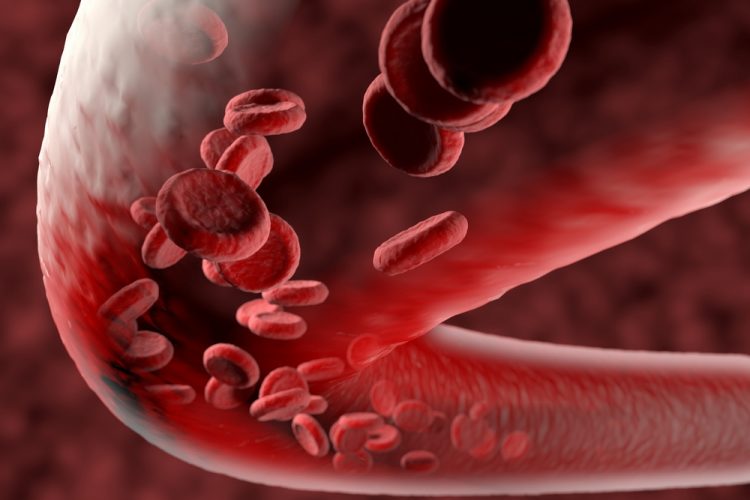Researchers identify COVID-19 proteins that cause blood vessel damage
Posted: 3 November 2021 | Anna Begley (Drug Target Review) | No comments yet
Scientists revealed five proteins that cause blood vessel damage in COVID-19 patients, potentially leading to new drug targets.


A team of researchers led by Tel Aviv University, Israel, has identified five of the 29 proteins of SARS-CoV-2 that are responsible for damaging blood vessels. The researchers hope that the identification of these proteins will help develop targeted drugs for COVID-19 that reduce vascular damage.
“We see a very high incidence of vascular disease and blood clotting, for example stroke and heart attack, among COVID patients,” explained Dr Ben Maoz who led the study. “We tend to think of COVID as primarily a respiratory disease, but the truth is that coronavirus patients are up to three times more likely to have a stroke or heart attack. All the evidence shows that the virus severely damages the blood vessels or the endothelial cells that line the blood vessels. However, to this day the virus has been treated as one entity. We wanted to find out which proteins in the virus are responsible for this type of damage.”
NEWS: Monoclonal antibodies prevent COVID-19 inflammation in macaques – READ HERE
The novel coronavirus comprises a total of 29 different proteins. In this study, published in eLife, the team used the RNA of each of the COVID-19 proteins and examined the reaction that occurred when the various RNA sequences were inserted into human blood vessel cells in the lab. The researchers were then able to identify five coronavirus proteins that damage the blood vessels.
“When the coronavirus enters the body, it begins to produce 29 proteins, a new virus is formed, that virus produces 29 new proteins, and so on,” Maoz elaborated. “In this process, our blood vessels turn from opaque tubes into kind of permeable nets or pieces of cloth, and in parallel there is an increase in blood clotting.
“We thoroughly examined the effect of each of the 29 proteins expressed by the virus, and were successful in identifying the five specific proteins that cause the greatest damage to endothelial cells and hence to vascular stability and function. In addition, we used a computational model developed by Professor Roded Sharan which allowed us to assess and identify which coronavirus proteins have the greatest effect on other tissues, without having seen them ‘in action’ in the lab,” added Maoz.
According to Maoz, the identification of these proteins may have significant consequences in the fight against the virus. “Our research could help find targets for a drug that will be used to stop the virus’s activity, or at least minimise damage to blood vessels.”
Related topics
Drug Targets, Genetic analysis, Molecular Targets, Protein, Small Molecules, Target molecule
Related conditions
Covid-19
Related organisations
Tel Aviv University
Related people
Dr Ben Maoz


